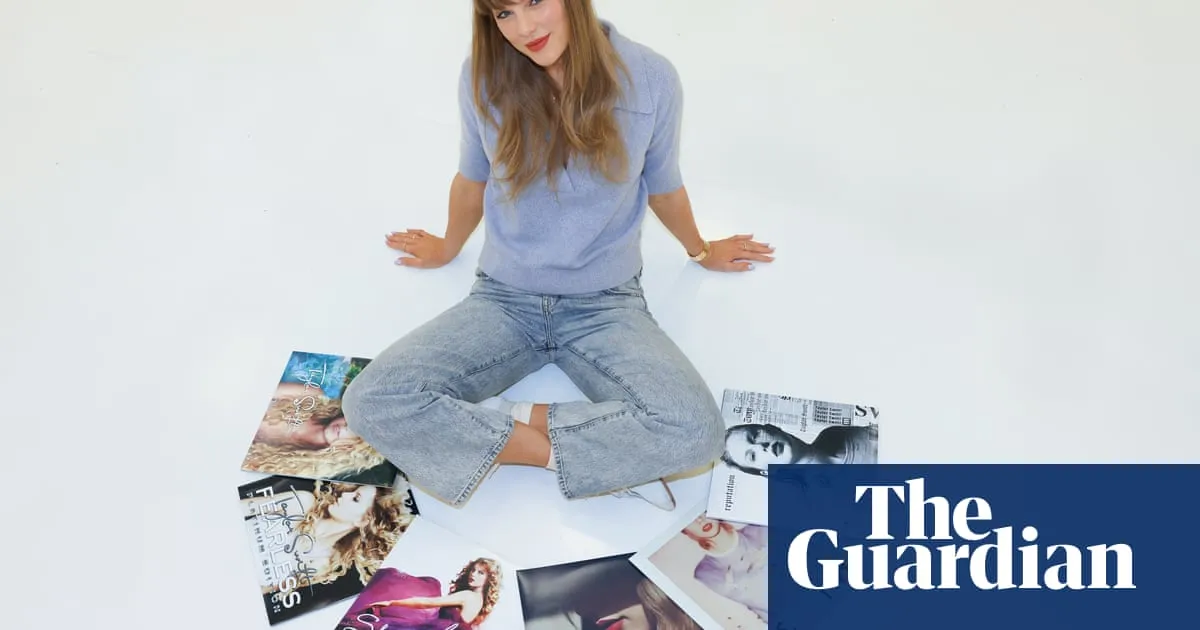
Taylor Swift has made a significant move in her music career by successfully buying back the master recordings of her first six albums. This monumental achievement grants her full control over her entire music catalog for the very first time. In a heartfelt letter addressed to her fans, Swift expressed her gratitude and relief, stating, “I almost stopped thinking it could ever happen, after 20 years of having the carrot dangled and then yanked away. But that’s all in the past now. All of the music I’ve ever made … now belongs … to me.”
Swift originally lost the rights to her music in 2019 when her first record label, Big Machine, sold her master recordings to music executive Scooter Braun. She described this sale as her “worst-case scenario,” emphasizing that she was not given a chance to buy her work outright. Instead, the label offered her the opportunity to “earn” one album back for each new album she recorded. Following the loss, her subsequent albums, starting with 2019’s Lover, were released under Republic Records, allowing Swift to retain the rights to those master recordings.
In November 2020, Braun sold the master recordings to Shamrock Capital for a reported $300 million. Swift's recent letter revealed that she has successfully purchased her masters, as well as her videos, concert films, album art, photography, and unreleased songs back from Shamrock. Contrary to earlier rumors suggesting that the acquisition cost between $600 million and $1 billion, sources indicate that these figures were overly inflated.
In her letter, Swift articulated her long-standing desire to work hard enough to one day purchase her music outright, stating, “All I’ve ever wanted was the opportunity to work hard enough to be able to one day purchase my music outright with no strings attached, no partnership, with full autonomy.” She expressed her gratitude to Shamrock Capital for handling the deal with honesty and respect, emphasizing that the transaction represented much more to her than a simple business deal; it symbolized her memories and dreams.
Swift credited her dedicated fan base for enabling her to regain ownership of her music. She stated, “I can’t thank you enough for helping to reunite me with this art that I have dedicated my life to, but have never owned until now.” In a strategic move to devalue Braun's investment after the original sale, Swift began re-recording her six albums, branding each release as “(Taylor’s Version)” and including “From the Vault” tracks that had previously been unreleased.
Between 2021 and 2023, Swift successfully rerecorded several of her albums, including Fearless (originally released in 2008), Red (2012), Speak Now (2010), and 1989 (2014). As the principal songwriter, she has the legal right to re-record her material and block the use of the original recordings. Recently, a new version of her song Look What You Made Me Do from the upcoming rerecording of 2017’s Reputation was featured in the popular series The Handmaid’s Tale.
Currently, her self-titled debut album from 2006 and Reputation are the only albums yet to be rerecorded. Fans have been speculating about their potential release dates, analyzing Swift's outfits and social media posts for clues. With her recent acquisition of her master recordings, the necessity to continue the rerecording project has diminished. Swift acknowledged this in her letter, stating, “I know, I know. What about Rep TV? Full transparency: I haven’t even rerecorded a quarter of it.” She reflected on the unique nature of Reputation, describing it as a “goth-punk moment of female rage” that resonates deeply with her experiences during that time.
Swift hinted at the possibility of releasing unreleased tracks from Reputation if fans express interest. She confirmed that her debut album has been rerecorded, adding, “Those two albums can still have their moments to re-emerge when the time is right.” She assured her fans that any future releases would not stem from a place of regret but rather be a celebration of her artistic journey.
Swift's journey has sparked broader conversations about artist rights within the music industry. She noted the increased prevalence of young female artists negotiating ownership of their master recordings, reflecting on how her struggle has influenced these changes. “Every time a new artist tells me they negotiated to own their master recordings in their record contract because of this fight, I’m reminded of how important it was for all of this to happen,” she wrote, expressing her gratitude for the support of her fans in this ongoing conversation.